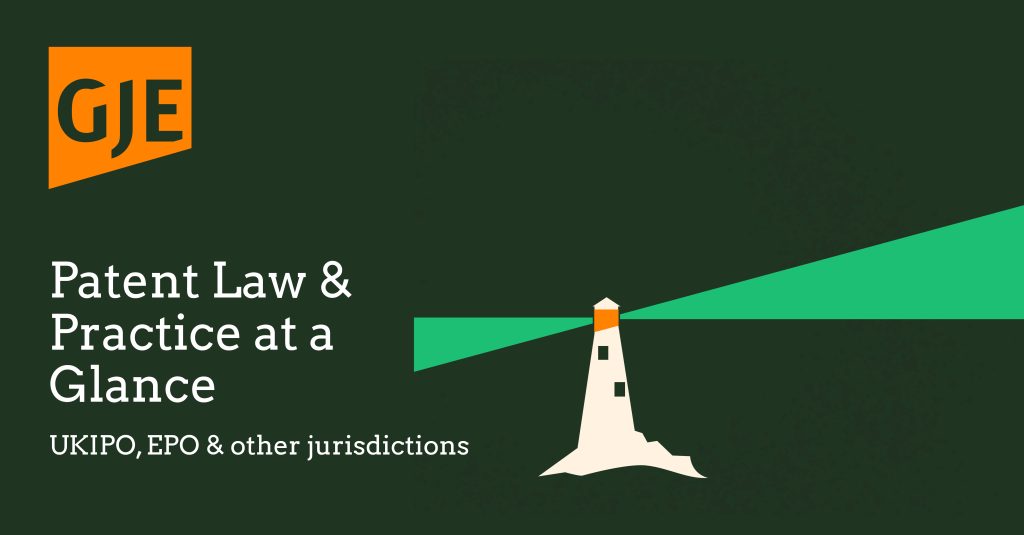In Europe, Supplementary Protection Certificates (SPCs) compensate patentees for the inevitable delay in obtaining Marketing Authorisation by extending exclusivity for a marketable pharmaceutical or plant protection product by up to five years (five-and-a-half years for paediatric medicines) following the expiry of the related patent protection.
Earlier this year, the EU introduced the SPC Manufacturing Waiver which comes into effect across Europe on 1 July 2019. Under this legislation, SPCs will have their protection curtailed so that they can no longer be enforced against the manufacture of a product for sale outside the EU. The Waiver will also allow third-parties to stockpile the product for sale within the EU as soon as the SPC expires (so-called Day-1 sales). Stockpiling for EU sale will be limited to the final six-months of the SPC term, however, there is no such time bar to the manufacture of product for sale outside the EU while the SPC is in force.
To take advantage of the Waiver, generic or biosimilar producers need only notify the national patent office and SPC holder of its intention at least three months before acting, and in cases of export, mark the product packaging with an “EU Export” logo. These menial requirements, together with the nominal fee required to file the waiver, clearly characterise the Waiver as “anti-patentee”.
The Waiver will affect all SPC applications filed on or after 1 July 2019. It will not affect those already within the SPC term and in force on that date. For SPC applications already filed, but not yet in force, the Waiver will apply three years following the date the legislation comes into effect, i.e. from 1 July 2022.
SPC protection retains great commercial value as it can be enforced against third-parties selling product within the EU. However, the potential impact that the SPC Manufacture Waiver has on the protection offered means that patentees should consider accelerating their SPC filing strategy to get their applications “in the system” before 1 July 2019. This is particularly relevant if their base patent protection expires within the next three years.
If you would like more information on SPCs or how the Waiver may affect your IP strategy, please contact Ian Jones or your usual GJE contact.

